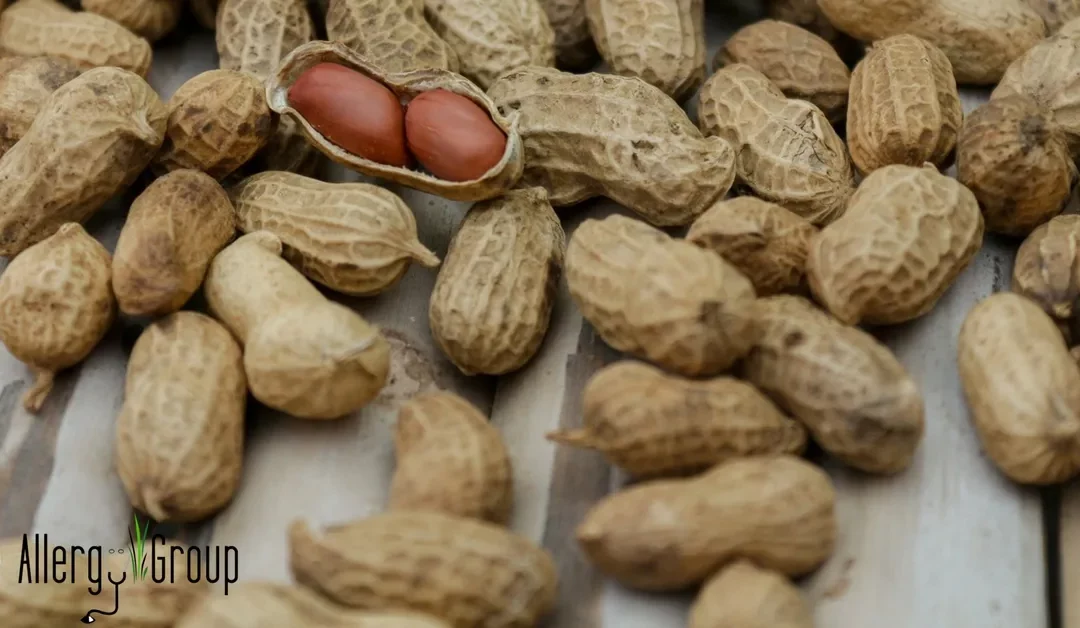Triggered by growing concerns regarding the numbers of children with peanut allergies, as many as two percent, which by some accounts reflects a four-fold increase since the late 1990s, the National Institutes of Health sponsored a study on ways that parents can reduce the risk to their children. The results may be surprising.
Conventional Wisdom
It’s long been known that a severe peanut allergy can have dangerous consequences, including death. Therefore, the traditional thinking was that it was prudent to avoid introducing peanuts to a child’s diet until the child was older. Now it is suggested that the better approach for some children may be to “tolerize” a child to peanuts, rather than avoidance.
The LEAP Study
The Learning Early about Peanut allergy study has proposed three basic guidelines based on the individual child:
• For children who are have severe egg allergy or asthma or both: these children are likely to be at greatest risk for a peanut allergy. A skin test can determine that fact. If the child does have a serious peanut allergy, it is recommended to avoid peanuts. But if no allergy exists or there is a moderate skin reaction, the suggestion is for parents to introduce peanut-containing foods at four to six months.
• For children with mild to moderate eczema: in this category, a child is suspected to be at moderate risk of a peanut allergy, and the LEAP recommendation is introduction of peanut-containing food at six months old.
• For children with no food allergies, no eczema and no family history of peanut allergy: the guidelines indicate introduction of peanut-containing food at any age based on cultural and individual preferences.
Information based on this scientific study points to the conclusion that the introduction of peanuts early in a child’s life may actually reduce the likelihood the child will develop a peanut allergy.
It is to be emphasized that providing whole peanuts or large pieces to babies can be extremely dangerous. The recommendations point to peanut-flavored food suitable for the child’s age and capabilities.
To make an appointment to see one of our physicians for ongoing concerns about peanut or any other type of food allergy, click HERE for our contact information.


